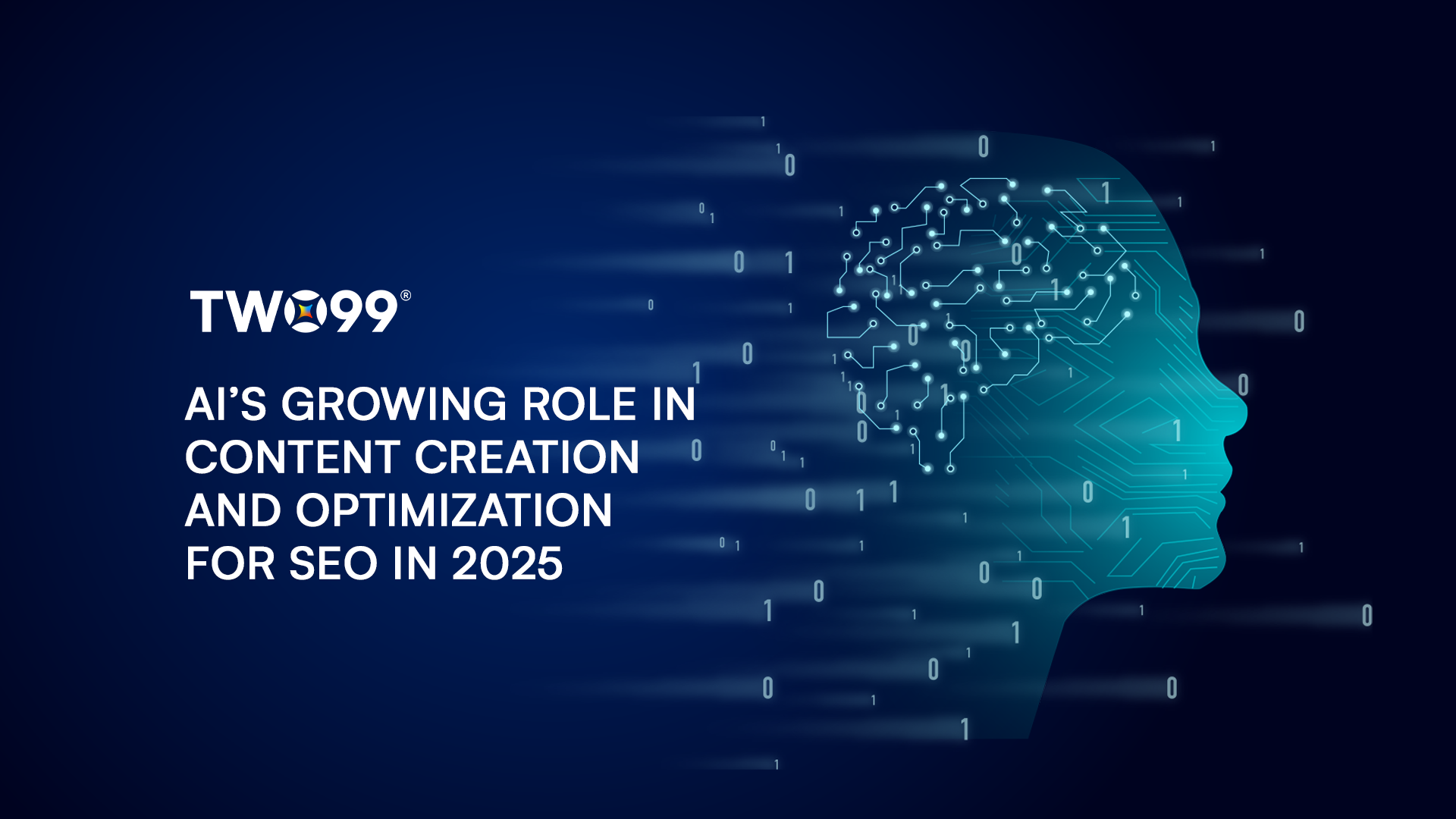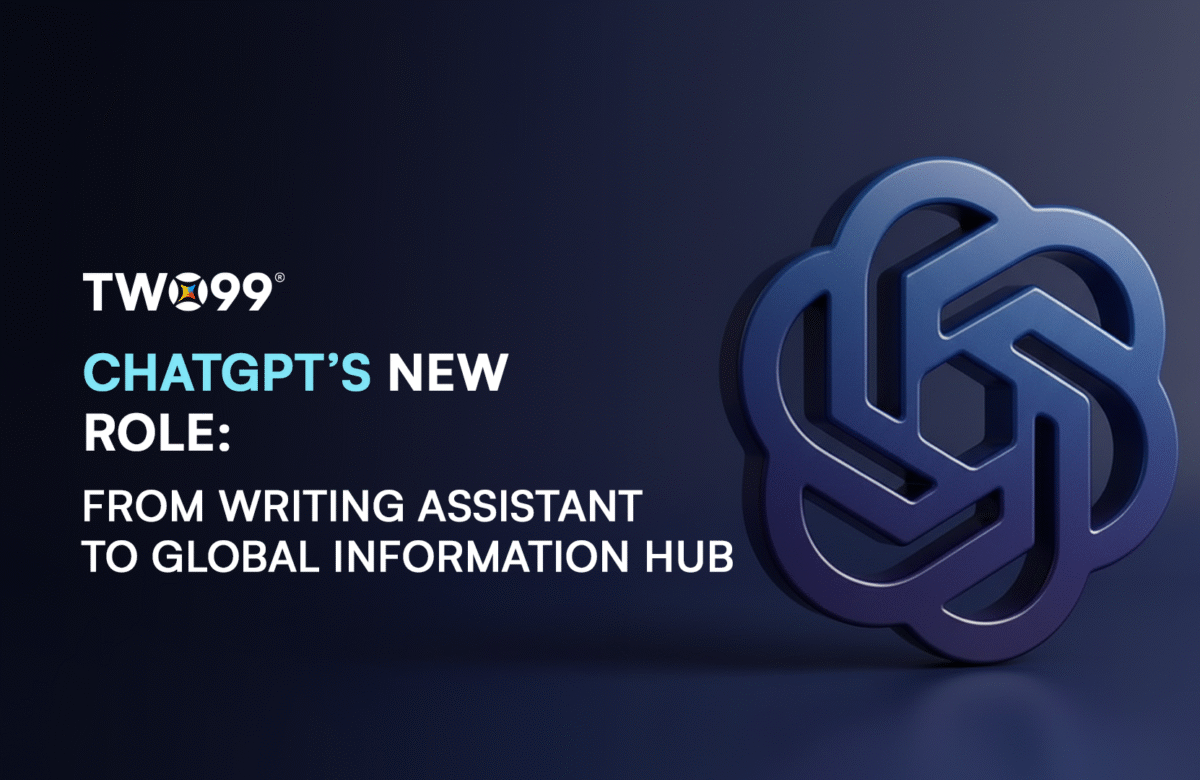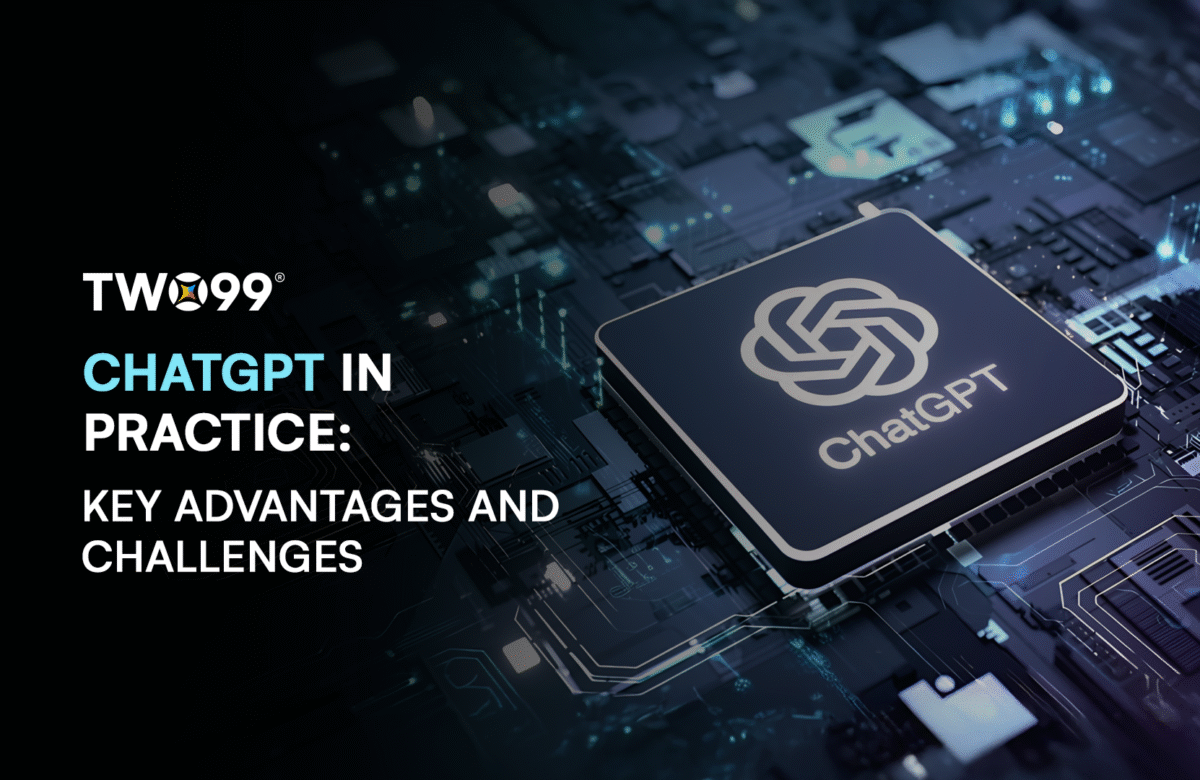Artificial intelligence has come a long way from being a futuristic concept to a core pillar of modern content marketing. In 2025, AI in content creation is no longer experimental. It is strategic, scalable, and deeply embedded into how brands and publishers create, optimize, and distribute content that performs.
But what does this transformation look like, and how can marketers harness AI not just to produce more, but to produce better?
In this article, we unpack the evolving role of AI in content creation and SEO optimization. Whether you’re a solo creator, an in-house content lead, or an agency strategist, this guide will help you understand what has changed and how to adapt.
How Is AI Changing Content Creation in 2025?
The role of AI in content creation has moved beyond generating filler blog posts. Today, it’s about enhancing quality, speed, and personalization:
- Idea Generation: AI-driven tools now analyze trending topics, audience behavior, and search gaps to recommend high-impact content creation ideas. These aren’t just keyword clusters; they’re narrative arcs and formats tailored to your audience.
- Drafting and Outlining: Tools like ChatGPT, Jasper, and others can help writers rapidly generate article structures or first drafts, cutting down on ideation time and improving writer efficiency.
- Tone and Language Matching: AI models now adapt to brand voice, style guides, and tone preferences, allowing content to remain consistent across formats.
- Content Repurposing: AI tools automatically reformat blog posts into social copy, newsletters, carousels, and video scripts, ensuring multi-platform consistency.
What Does SEO Optimization Look Like in an AI-Driven World?
SEO in 2025 is no longer just about stuffing in keywords. It’s about building content systems that are structured for both machines and humans.
-
- Semantic SEO: AI enables content to be mapped around search intent, user journeys, and topic clusters. This means building hub-and-spoke models where every piece supports broader visibility.
- Real-Time SERP Analysis: AI SEO tools offer live SERP tracking, competitive audits, and predictive insights that help marketers respond to changes before rankings drop.
- Smarter Content Structuring: With AI SEO software, headings, meta tags, and internal linking are optimized automatically based on data-backed insights. Tools flag missing schema, improve crawlability, and enhance readability for both users and bots.
- Voice and Conversational Search: With the rise of generative AI assistants, creating SEO optimized content means answering questions clearly and conversationally in a format that AI models prefer to surface in overviews and summaries.
Are AI SEO Tools Essential for Modern Marketers?
Absolutely, because the way we optimize for search has fundamentally changed.
Modern SEO isn’t just about inserting keywords and hoping for the best. It’s about understanding user intent, personalizing experiences, and responding to real-time algorithm shifts. That’s where AI SEO tools step in.
These tools do more than automate, they analyze vast datasets, identify semantic patterns, predict search trends, and help marketers optimize content at scale. For example, platforms like Genshark use AI to uncover what content resonates most in your category and how to structure your site to boost relevance and authority.
Here’s why they’ve become essential:
-
- Efficiency at Scale: AI SEO tools can conduct audits, keyword clustering, and competitor tracking in minutes, which once took teams hours or days.
-
-
- Real-Time Adaptation: With search engines evolving rapidly (especially with features like AI overviews), marketers need to adapt faster. AI tools alert you when ranking factors shift or when your content starts slipping.
- Better Content Intelligence: From generating SEO-optimized content suggestions to identifying topical gaps, AI helps ensure your content is both discoverable and valuable.
-
- Smarter Strategy: AI tools spot patterns across your traffic and content performance that human teams might miss. This leads to sharper content creation ideas and more targeted optimization.
How to Get Started with AI-Driven Content Strategy?
Starting an AI-driven content strategy isn’t about handing over your creative reins to a robot. It’s about using artificial intelligence to enhance your strategic thinking, content performance, and SEO results.
Here’s how to take the first steps:
-
- Clarify Your Content Goals: Begin by defining what you want your content to achieve: traffic growth, thought leadership, lead generation, or better engagement? AI tools work best when aligned with clear objectives. They can help optimize for different intents, formats, and distribution channels, but they need direction.
- Audit Your Existing Content Using AI: Before you create something new, use AI SEO tools to analyze what you already have. These tools can:
- Identify high-performing pages
- Flag underperforming content
- Detect content gaps in your niche
- Recommend content consolidation or internal linking opportunities
- Use AI for Topic Discovery and Keyword Clustering: Instead of manually brainstorming content ideas, leverage AI for content creation ideas based on real-time trends and search behaviors. Many tools now offer keyword intent clustering, helping you map entire topic clusters around a central theme, crucial for building SEO authority.
- Generate SEO-Optimized Content Briefs: AI can generate detailed content briefs that include relevant keywords, ideal structure, questions to answer, and tone suggestions. This ensures that every piece of content you or your team produces is already primed for SEO optimization, without sacrificing brand voice or creativity.
- Automate the Optimization Layer: Once content is written, AI tools can offer real-time suggestions on readability, keyword density, meta tags, and schema markup. This helps fine-tune every piece for discoverability, whether it’s a blog, landing page, or even a video script.
- Integrate AI into Your Workflow, Gradually: You don’t need to overhaul your entire process overnight. Start by integrating AI where it saves the most time: audits, briefs, and optimization. As confidence grows, expand its role into predictive analytics, automated updates, or personalization.
So, What Role Will Humans Play in 2025?
Despite AI’s rise, the need for human creativity, editorial judgment, and audience empathy has never been greater. AI can scale content, but it can’t replicate deep insight, cultural relevance, or emotional nuance.
In 2025, the most impactful content will come from hybrid systems where human vision meets AI precision.
Are You Building for Reach, or for Relevance?
As AI continues to reshape search and content creation, the question isn’t whether you should use AI. It’s how thoughtfully you integrate it into your strategy.
SEO optimized content will always need technical finesse. But what makes content succeed is still its ability to resonate, educate, and inspire. In this new era, success will belong to those who use AI not to replace the human touch, but to enhance it.




